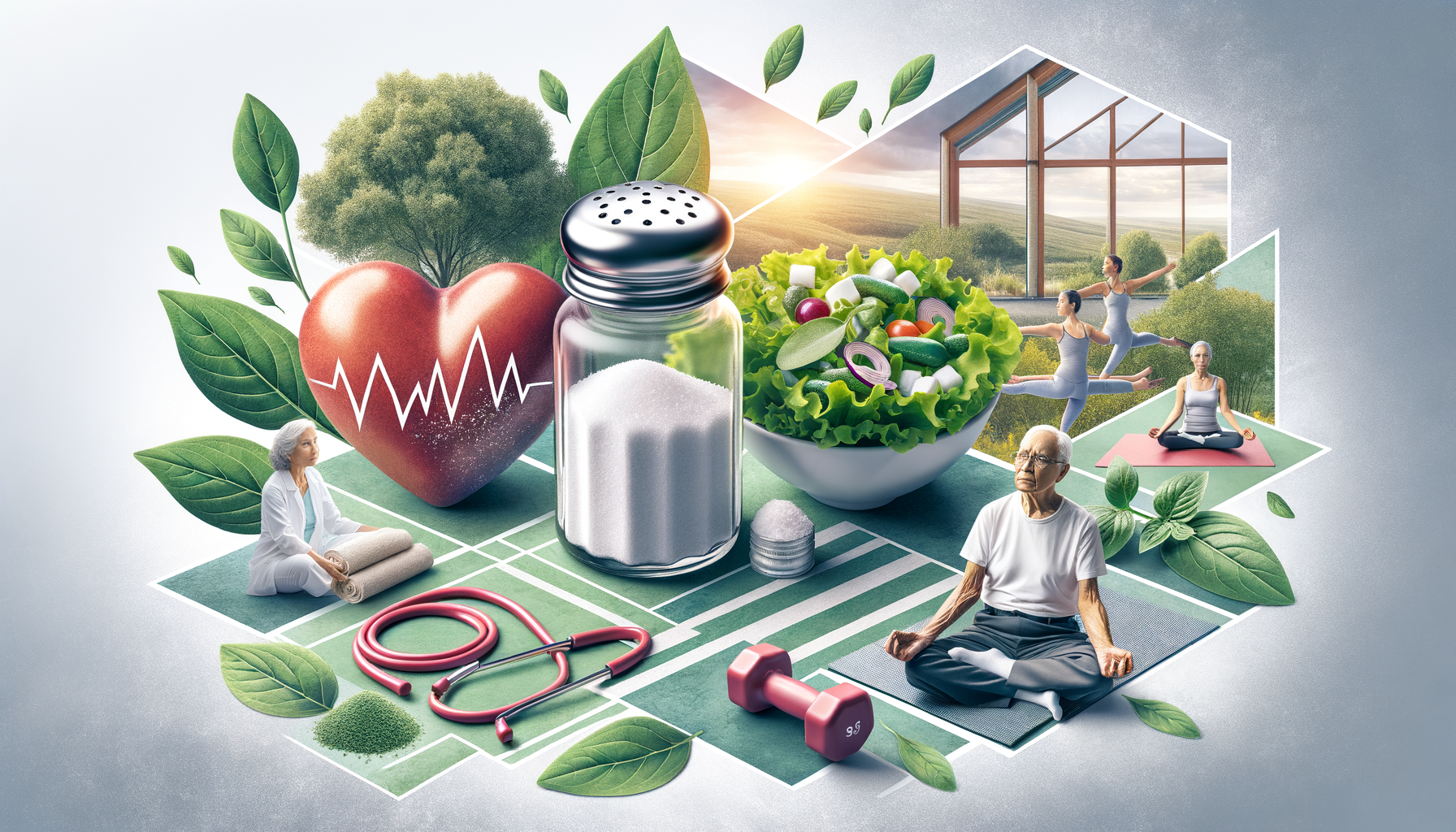Natural Ways To Lower High Blood Pressure In Seniors
Are you worried about managing high blood pressure in your senior years without relying solely on medication? Discovering natural methods to lower blood pressure can improve overall health and enhance quality of life. In this post, we’ll explore effective, gentle strategies tailored for seniors to help maintain a healthy heart naturally.

Dietary Changes for Blood Pressure Control
One of the most effective ways to manage high blood pressure naturally is through dietary changes. For seniors, adopting a heart-healthy diet can significantly impact blood pressure levels. The DASH (Dietary Approaches to Stop Hypertension) diet is often recommended for those looking to control hypertension. This diet emphasizes the consumption of fruits, vegetables, whole grains, lean proteins, and low-fat dairy products, all of which are rich in nutrients like potassium, calcium, and magnesium that help lower blood pressure.
Reducing sodium intake is crucial. Many processed and packaged foods contain high levels of sodium, which can lead to increased blood pressure. Seniors should aim to consume no more than 1,500 milligrams of sodium per day. It’s helpful to read food labels carefully and choose low-sodium alternatives whenever possible.
Incorporating foods rich in omega-3 fatty acids, such as salmon, mackerel, and flaxseeds, can also be beneficial. These healthy fats have been shown to reduce inflammation and improve heart health. Additionally, maintaining a healthy weight through mindful eating and portion control can further aid in blood pressure management.
By making small, sustainable changes to their diet, seniors can take significant steps toward controlling their blood pressure and improving overall cardiovascular health.
Gentle Exercise and Physical Activity Ideas
Engaging in regular physical activity is a cornerstone of managing high blood pressure, especially for seniors. While intense workouts might not be suitable for everyone, there are numerous gentle exercise options that can effectively lower blood pressure.
Walking is a simple yet powerful way to stay active. A daily brisk walk can help strengthen the heart and improve circulation, which in turn helps to lower blood pressure. Seniors can start with short walks and gradually increase the duration and pace as they build stamina.
Yoga and tai chi are excellent choices for those looking for low-impact exercises. These practices not only promote flexibility and balance but also incorporate breathing techniques that can reduce stress and support cardiovascular health.
Swimming and water aerobics are also ideal for seniors, as they provide a full-body workout without putting strain on the joints. The resistance of the water helps to build muscle strength and endurance, which are vital for maintaining a healthy heart.
By incorporating these gentle exercises into their routine, seniors can enjoy the benefits of improved blood pressure, enhanced mobility, and a greater sense of well-being.
Stress Management Techniques for Seniors
Stress can have a significant impact on blood pressure, making stress management an essential part of maintaining heart health. Seniors can benefit from various techniques that help reduce stress and promote relaxation.
Mindfulness meditation is a practice that encourages individuals to focus on the present moment, reducing anxiety and promoting calmness. Seniors can practice mindfulness by spending a few minutes each day in quiet reflection, focusing on their breath or a specific mantra.
Deep breathing exercises are another effective way to manage stress. By taking slow, deep breaths, seniors can activate the body’s relaxation response, which helps to lower blood pressure and decrease stress levels. This technique can be practiced anywhere and at any time, making it a convenient tool for stress management.
Engaging in hobbies and social activities can also play a crucial role in reducing stress. Whether it’s gardening, painting, or spending time with loved ones, participating in enjoyable activities can bring joy and relaxation, contributing to lower blood pressure.
By adopting these stress management techniques, seniors can improve their mental and emotional well-being, which is essential for maintaining a healthy heart.